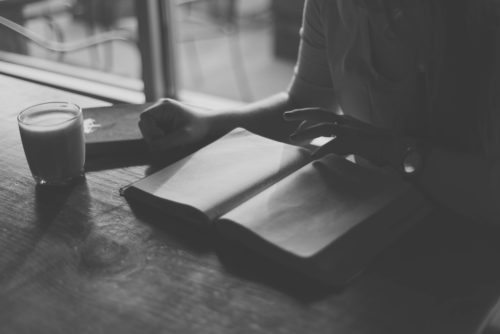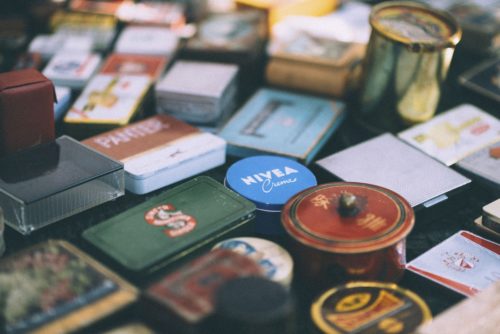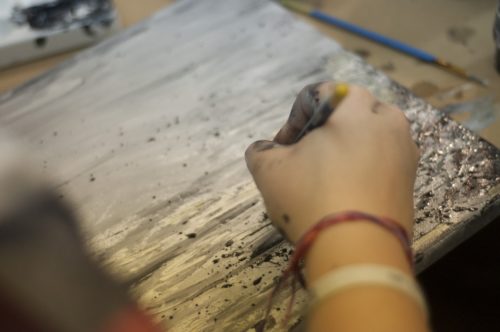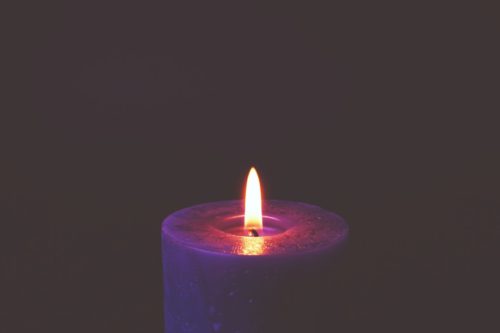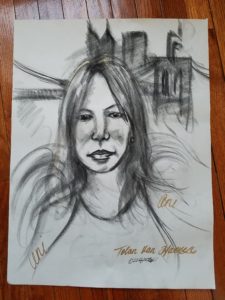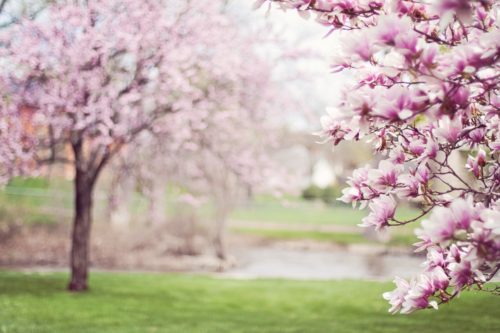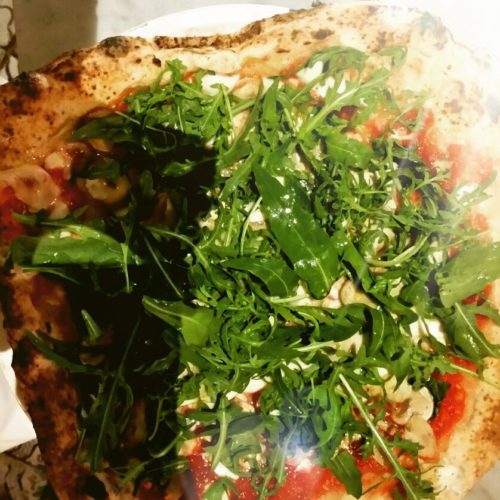In my efforts to drastically downsize, I’m ‘digitalizing’ my journals. That’s millennial speak for “rereading 15 years worth of notebooks and manually typing notes and highlights into my laptop”. Here, I share some of the notes – to digest the arc that is my life, to share a giggle, and most importantly, to satisfy my sister’s general inclination to snoop after I’ve thrown the physical journals away.
Excerpts
2011:
– March – Fly to Puerto Vallarta to look at wedding venues.
– June – Stop wedding planning. Forfeit deposit.2012:
– Feb – Break up. Again. Final.
– April – Move out.
If I could time-travel back to August 2011 and sit myself down in front of this couple, this is the tough love I would give:
“What is this madness? You called off a wedding. So tell me, what are you doing still together? You both know with every fiber of your being where this is headed. You know in your gut where you want to be. So what’s happening? I know, I know. . .
You’re worrying about each other — about hurting each other. Stop. Please, you aren’t the messiah. Disabuse yourself of the idea that the other will wilt away without you. You fell in love with someone strong and resilient. They’ll be okay. They’ll probably be even better without you.
You’re worrying about what other people will say. Stop. You’ll be gossip fodder for 2 minutes, then they’ll move on. Besides, this is YOUR life. Tell them to go get their friggin’ own.
You’re worrying about logistics — about the hassle of looking for another apartment. Of dividing up your stuff. Stop. That is NO REASON to stay. Hire movers. I swear, these guys will take all of 2 hours to pack up your life and move you out.
You’re worrying about ever finding anybody else. — You may find somebody. Or you may not. But either outcome should be better than this tortured space you’re in now. So stop, stop, stop.
Do what you need to do. Live your truth. There might be some pain, but I promise you, soon enough, this episode is quite literally going to be just a set of bullet points in your story.”

